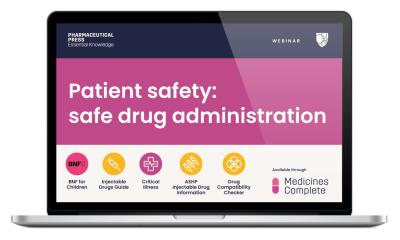Ophthalmology
Aetiology of glaucoma
A study of european scientists reveals that misfolded amyloid beta proteins, generally regarded as the cause for Alzheimer's disease, could also cause glaucoma. The scientists tested several drugs and their effect on the progression of glaucoma - pharmaceuticals usually used to treat Alzheimer's disease had most effect.

Over 20 million people worldwide are affected by Alzheimer’s disease and suffer under the progressive and irreversible loss of cognitive capabilities. Misfolded amyloid beta proteins are involved in the process that causes the death of brain cells.
A group of scientists found evidence that amyloid beta proteins could also be responsible for the development of glaucoma: died off retinal ganglion cells (RGC) in the optic nerve were accompanied by placques of amyloid beta proteins. So far only an abnormal high pressure inside the eye was regarded as cause of glaucoma, leading to blindness.
Dr Francesca Cordeiro, Institute of Ophtalmology at University College London, and colleagues inspected the effects of three different drugs, usually used for treatment of Alzheimer’s disease and affecting the growth of amyloid beta protein plaques, on the rate of development of glaucoma in rats. Each drug given seperately delayed RGC destruction but a triple therapy showed most effective.
In their study, which was published in the American journal Proceedings of the National Academy of Sciences, Dr Cordeiro concludes: “Our work suggests that targeting the amyloid beta pathway provides a therapeutic avenue in glaucoma management. The combination of agents affecting multiple stages in the amyloid beta pathway may be the most effective strategy.”
16.08.2007





